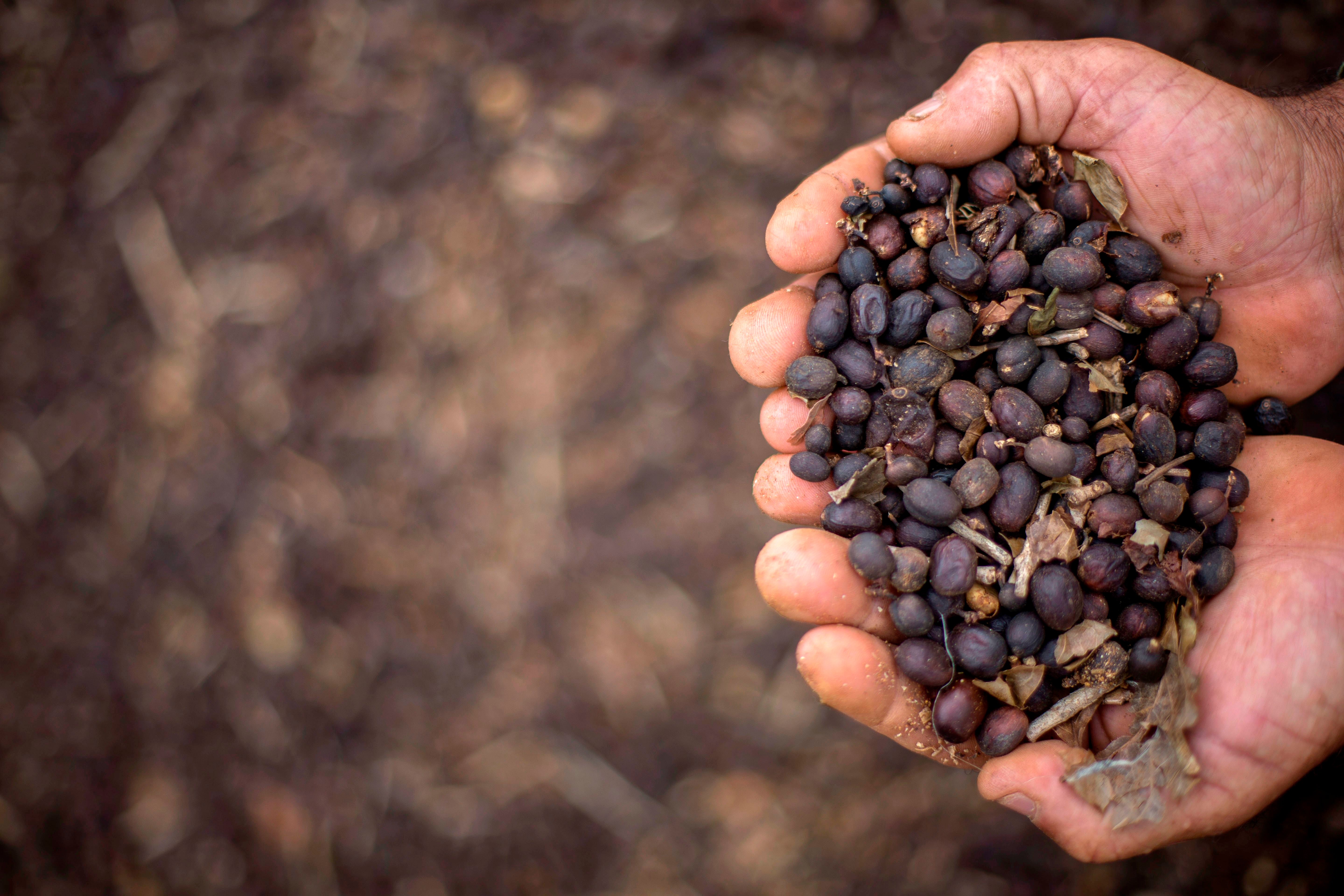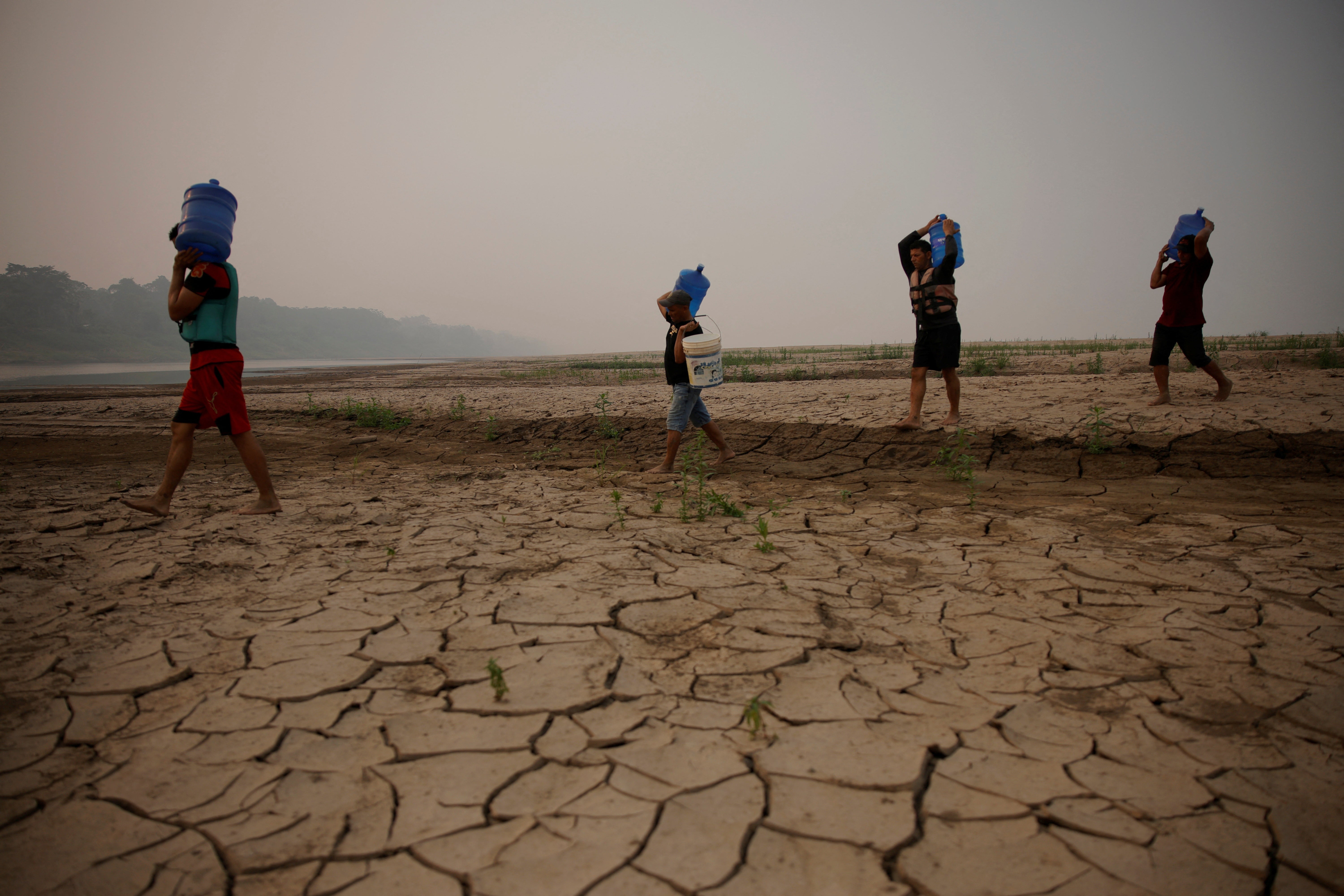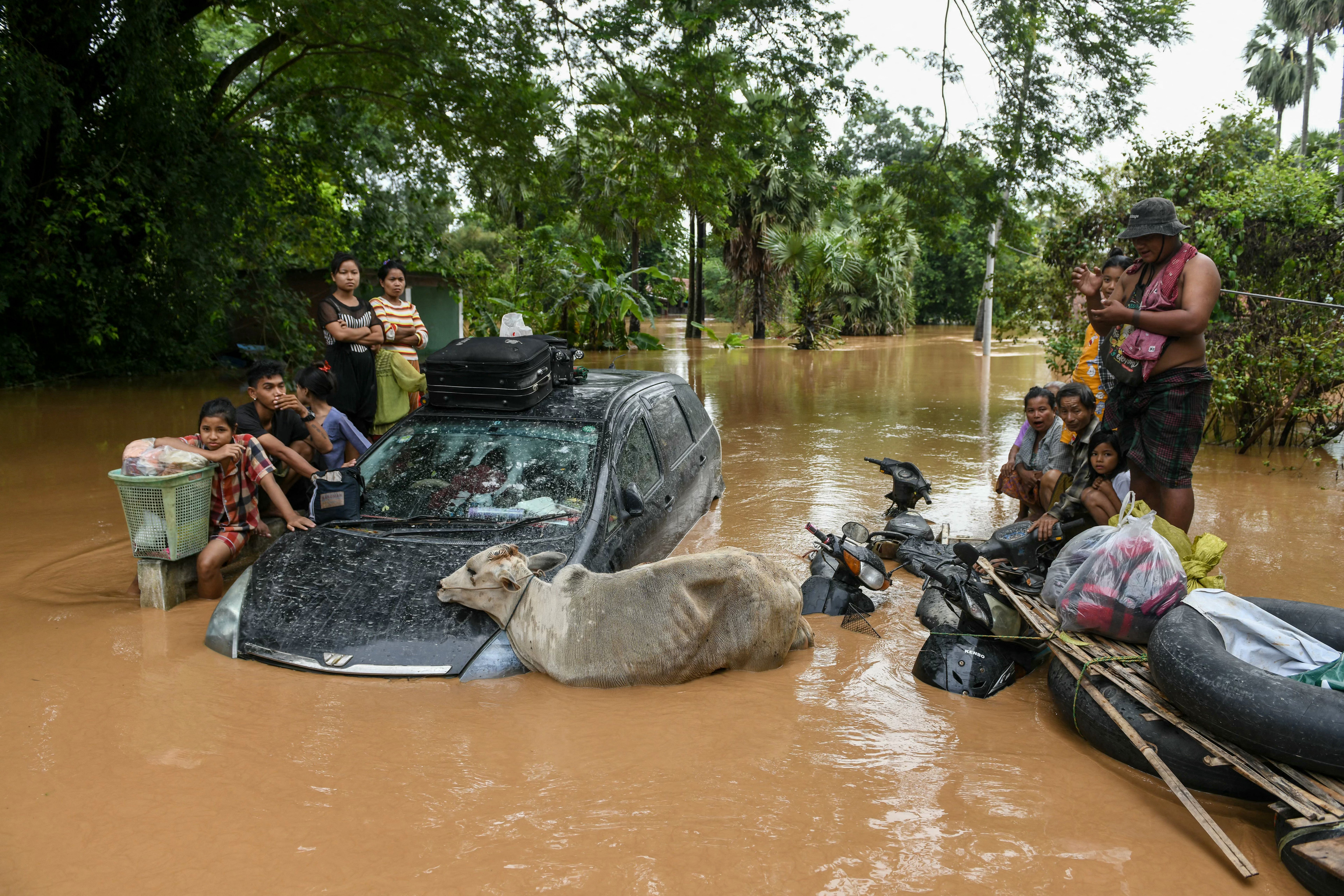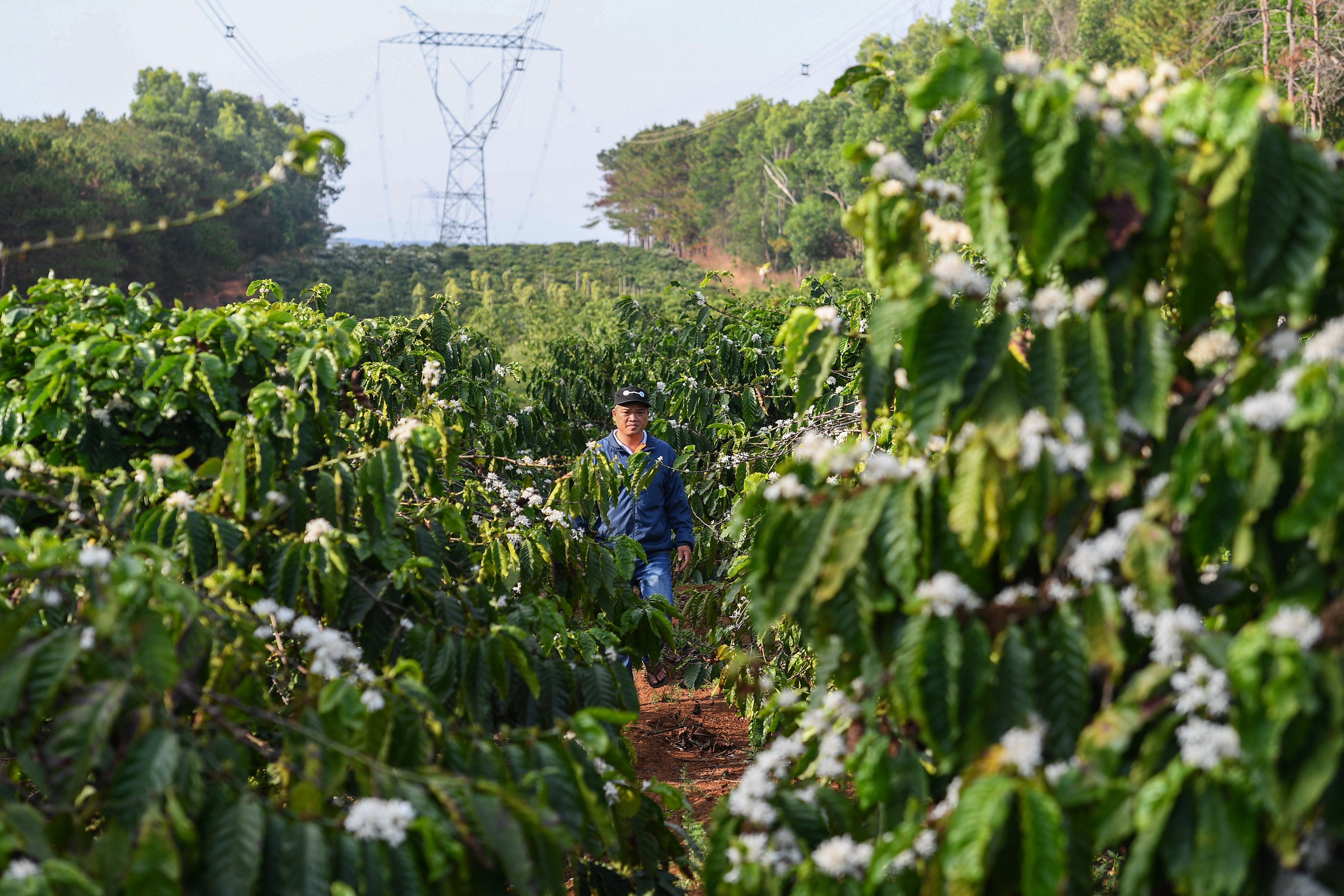Why the price of your cup of coffee is set to rise
Price of coffee beans have surged by roughly 40 per cent this year

Your support helps us to tell the story
From reproductive rights to climate change to Big Tech, The Independent is on the ground when the story is developing. Whether it's investigating the financials of Elon Musk's pro-Trump PAC or producing our latest documentary, 'The A Word', which shines a light on the American women fighting for reproductive rights, we know how important it is to parse out the facts from the messaging.
At such a critical moment in US history, we need reporters on the ground. Your donation allows us to keep sending journalists to speak to both sides of the story.
The Independent is trusted by Americans across the entire political spectrum. And unlike many other quality news outlets, we choose not to lock Americans out of our reporting and analysis with paywalls. We believe quality journalism should be available to everyone, paid for by those who can afford it.
Your support makes all the difference.The cost of a cup of coffee is likely to rise after key producers like Brazil and Vietnam were struck by extreme weather.
Arabica coffee futures in New York surged to a 13-year high of over $2.60 per pound on Monday, driven by record-breaking drought in Brazil and the destruction caused by Typhoon Yagi in Vietnam.
The prices for the premium coffee beans have surged roughly by 40 per cent this year, according to Bloomberg. Meanwhile there has also been a shortage of the cheaper robusta beans.
The surge comes as there are rising fears over shortages in global supply after threats to some of the coffee crops in key producers.
Brazil, the world’s largest producer of arabica coffee, is grappling with a severe drought. In the country’s Minas Gerais region, which produces almost a third of Brazil's arabica coffee, rainfall has been well below normal, according to Somar Meteorologia, Brazil’s national weather agency.
This drought is threatening the 2025 to 2026 arabica crop, which, according to Carlos Mera, an agri-commodities analyst at Rabobank, “is hanging by a thread.”

Mr Mera told Bloomberg that this crisis is compounded by logistical challenges like port congestion and a global shortage of shipping containers, which are hampering the movement of coffee worldwide.
In Vietnam, the world’s largest producer of robusta coffee, Typhoon Yagi devastated the country’s coffee-growing regions, killing more than 200 people and damaging large swaths of farmland.
Robusta coffee, which is typically used in instant coffee, is already in short supply, with damages adding pressure to global coffee prices.

The price of a cup of coffee has already surged in recent months with retailers like JM Smucker, the company behind brands like Dunkin’ and Café Bustelo, raising prices twice in recent months to offset the increase in green coffee costs.
The company attributed these price hikes to “recent higher green coffee costs and the pass-through nature of the coffee category,” according to Bloomberg.
In the UK, Pret A Manger has discontinued its popular coffee subscription service that allowed customers up to five barista-made drinks per day, the outlet said.
The recent price hikes underscore a much larger issue: coffee production is increasingly under threat from climate crisis.

Coffee is grown in more than 40 countries within the narrow tropical “bean belt” that stretches along the equator. However, as temperatures rise and weather becomes more unpredictable, many of these regions are becoming less suitable for coffee cultivation.
Climate models predict that areas suitable for coffee farming could shrink by up to 50 per cent by 2050. In Brazil, this figure could be as high as 80 per cent, threatening the country’s dominant role in global coffee production.
By 2080, wild coffee, an important genetic resource for farmers, could become extinct. Over 120 million people worldwide rely on coffee farming for their livelihoods.
Arabica coffee, which is prized for its flavor, is especially vulnerable to temperature changes. It grows best at altitudes between 1,000 and 2,000 metres and requires specific temperature ranges between 18C and 23C. When temperatures rise above these limits, coffee plants experience heat stress, reducing crop yields.
Robusta coffee, which is more heat-tolerant, still faces challenges due to its high water requirements. With droughts becoming more frequent, even robusta farms are struggling to maintain output without increased irrigation.
The situation is worsened by the limited genetic diversity of coffee crops. Arabica and robusta varieties account for 99 per cent of the world’s coffee production, making the crop highly vulnerable to pests, diseases, and climate crisis.
While researchers are working to develop more resilient coffee strains, the wild species needed for breeding are under threat. According to the International Union for Conservation of Nature (IUCN), more than 60 per cent of wild coffee species are at risk of extinction, limiting the potential for genetic improvements.
Join our commenting forum
Join thought-provoking conversations, follow other Independent readers and see their replies
Comments